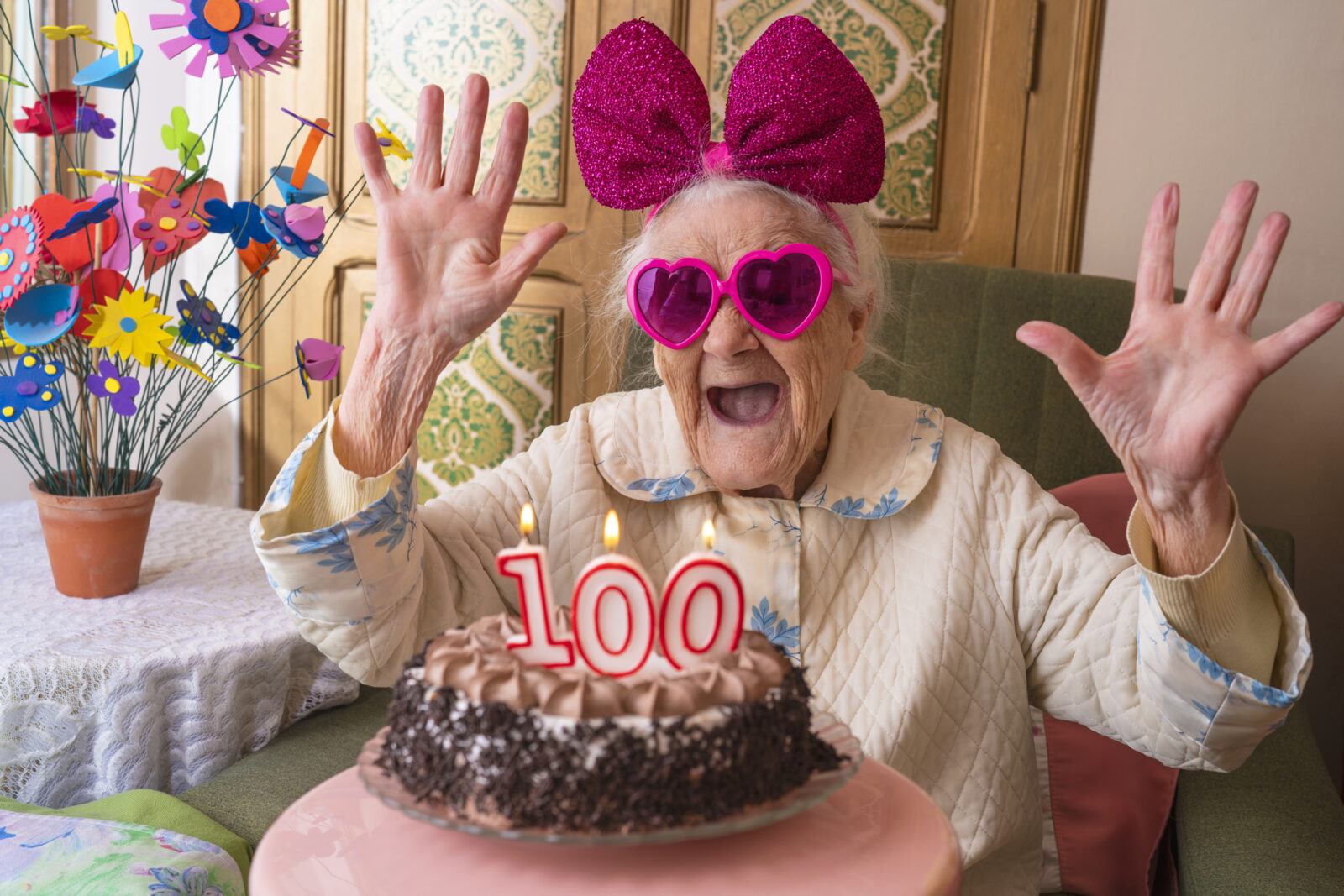Secrets for Living to 100

Ponce de Leon died looking for the Fountain of Youth. Celebrities invest in surgeries for a “refreshed look.” Tech entrepreneurs are trying to reverse the aging process. But maybe the best approach isn’t trying to stop getting older and instead embrace a better way of aging.
Blue Zones are areas in the world where people tend to live longer, consistently reaching the age of 100 at 10 times greater rates than people in the United States. Varying in landscape, religion, and ethnicity, these locations can seem radically different from one another: Okinawa, Japan; the Greek island Ikaria; Sardinia, Italy; the Nicoya Peninsula of Costa Rica; and Loma Linda, Calif. But they do have four core principles that enable residents to thrive well beyond the U.S. average age of 77 years.
So, what are these secrets to living to 100?
- Move daily. Most of us try to find time to squeeze in a cardio session or a round of weightlifting. But people who live longer don’t rely on structured exercise. Instead, moving is part of their everyday existence; it is a lifestyle. They have to move—to get places, to do things. For example, they walk to work, school, or church. They garden to supplement the food they buy. They may sit on the floor to dine (and then have to get back up). They split logs for the fireplace.
- Eat simply. Blue Zones rely on plant-based meals with whole grains, vegetables, and local honey; proteins make up only about 15% of the diet, and processed foods and table sugar are rare. While enjoying herbal tea is encouraged, you don’t have to be a teetotaler: Red wine is also part of a healthy meal. Just as important as what you eat is knowing how much to eat. In Okinawa, Japan, it’s called “hara hachi bu,” which means to stop eating when you feel 80% full.
- Be social. Lasting connections ensure longer lives. Research has shown that seniors who have close relationships live longer and are better able to manage health conditions while experiencing less depression. Putting family first and being part of a community group (particularly a religious one) can add years to one’s lifespan.
- Have purpose. What’s your “why” for getting out of bed? People who have a reason for living tend to do just that: live. A recent study showed that the association between purpose and longevity for older adults holds regardless of race, ethnicity, and gender. Margaret Stretton, a centenarian, alluded to this when she told The Guardian: “I became a sacristan and didn’t retire from that until I was 99.”
Perhaps the real secret to living to 100 is being laid-back without being lethargic. “The reason they’re living a long time is not because they pursue longevity, but because longevity ensues,” author and researcher Buettner told Insider. It may be that the more we look for the fountain of youth, the less we are enjoying life.
![Family Home Health [logo]](https://www.familyhomehealthnetwork.com/wp-content/uploads/sites/250/2017/04/logo-new.png)